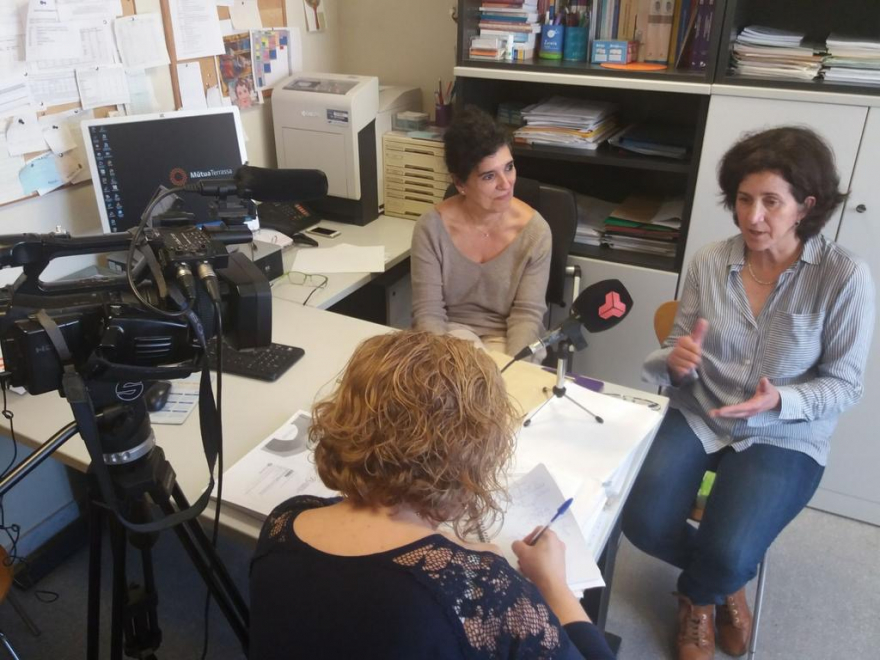An international study led by Dr. Jonathan Sebat, professor of psychiatry and molecular and cellular medicine at UCSD and director of the Beyster Center for psychiatric genomics, with the collaboration of the team of researchers of Dr. Amaia Hervás, coordinator of the Unit of Juvenile and Juvenile Psychiatry of HUMT, reveals for the first time the impact of inherited rare genetic variants in autism.
News
The HUMT and the MútuaTerrassa Teaching and Research Foundation collaborate in an international study on autism published in Science

This is the first time that MútuaTerrassa professionals appear as the main authors of an article in this scientific magazine of great international prestige. In addition to Dr. Hervás, there is also Dr. M. Jesús Arranz, director of the laboratory of the Teaching and Research Foundation Mútua Terrassa and Dr. Silvina Guijarro, of the Child and Juvenile Psychiatry Unit of HUMT. Experts from around thirty institutions such as IBUB, UPF, HSJD or CIBERER have also participated.
The research -published today and probably the most relevant on autism in recent years- is entitled Paternally inherited noncoding structural variants Contribute to Autism shows that this type of mutations increase the risk of Autism Spectrum Disorders (ASD) in greater way that genetic mutations are predominantly inherited from the parents. It is known that genetic factors - together with environmental factors - are very important in the etiology of autism.
Dr. Amaia Hervás, coordinator of the participating clinical teams of Barcelona, and Dr. M.Jesús Aranz, coordinator of the associated genetic researchers - both international main collaborators of the study - confirm that the advances of these investigations help to know better the mechanisms that contribute to the emergence of hereditary autism. "These discoveries are of great importance because they improve our knowledge about the factors that cause ASD, facilitate their diagnosis and can help the future development of the pharmacological treatment of these disorders," they say.
However, environmental and epigenetic factors not yet detected can also play an important role in the development of ASD. Currently, the MútuaTerrassa team, in collaboration with researchers from the University of California, is working on the identification of other environmental, genomic and epigenomic factors that contribute to the development of these severe disorders.
In recent years, it has been shown that new gene mutations (called de novo) contribute approximately to a third of cases of ASD and in the new study new causes of ASD risk have been identified: rare inherited variants at non-coding areas of DNA. These discoveries differ -in two important points- the genetic risk factors known up to now: these variants do not alter anything directly, they modify elements located in adjacent zones that regulate the activity of the gene (called cis or CRES by its acronym in English) and they are not new in the affected children but are inherited from the parents.